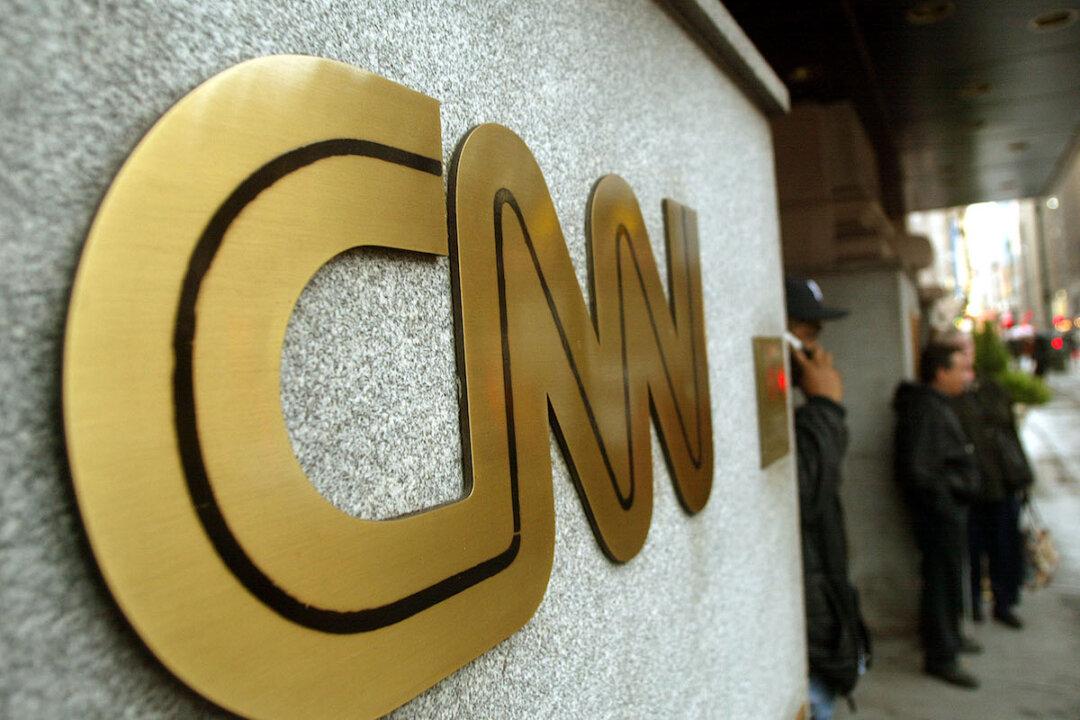A low number of viewers tuned in Sunday night for a CNN town hall featuring 2020 democratic presidential underdogs Steve Bullock and Bill de Blasio.
According to the Hill, The Nielsen Media Research showed that New York City Mayor Bill de Blasio registered at 402,000 total viewers on Aug. 25, including 82,000 in the voter age bracket, the 25-54 demographic.





